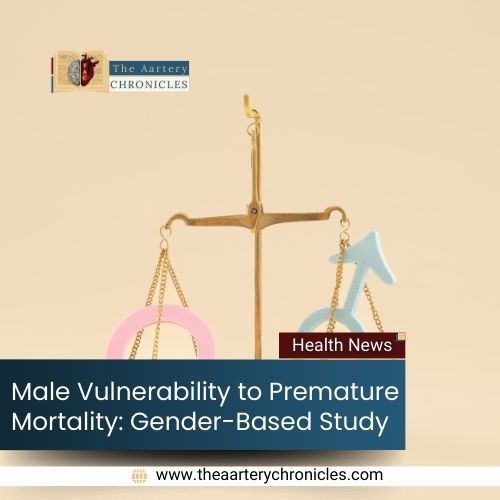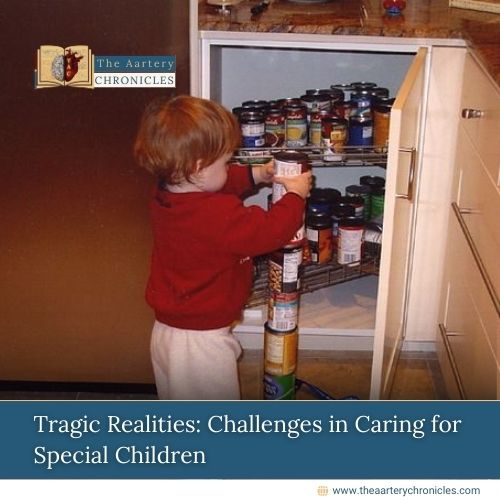

Gender Differences in Global Health Trends
Research published in The Lancet Public Health Journal highlighted major health inequalities between men and women. The study which examined data from 1990 to 2021 across various age groups and geographies discovered that males are more vulnerable to disorders that cause premature mortality such as COVID-19, heart disease and traffic accidents. On the other hand, Females are more likely to suffer from nonfatal ailments such as mental health issues and headaches.
One of the study’s significant results was that males lost 45% more life years to COVID-19 than women. The authors noted that these health inequalities start in adolescence and remain throughout life, with women usually having greater rates of sickness and impairment due to their longer lifespans.
The research also highlighted specific areas where the health gap favoured women, such as low back pain, particularly pronounced in South Asia, Central Europe, Eastern Europe, and Central Asia. Additionally, mental health conditions, especially depressive disorders, were identified as a significant concern for women globally.
The researchers of the study recommended adopting strategies that consider these sex-based health differences to work towards a more equitable and healthier future. They urged countries to improve their reporting of sex and gender data and use this information to improve healthcare approaches.
Senior author Luisa Sorio Flor from the Institute for Health Metrics and Evaluation (IHME), University of Washington, emphasized the importance of addressing sex differences in health outcomes, especially in light of the COVID-19 pandemic’s impact on global health.
While COVID-19 affected men more severely across all regions, the study noted that the widest sex-based difference was in sub-Saharan Africa Latin America, and the Caribbean regions. Other important contributors to premature deaths included cardiovascular disease and road injuries, affecting both men and women.
Source: Inputs from various media Sources









